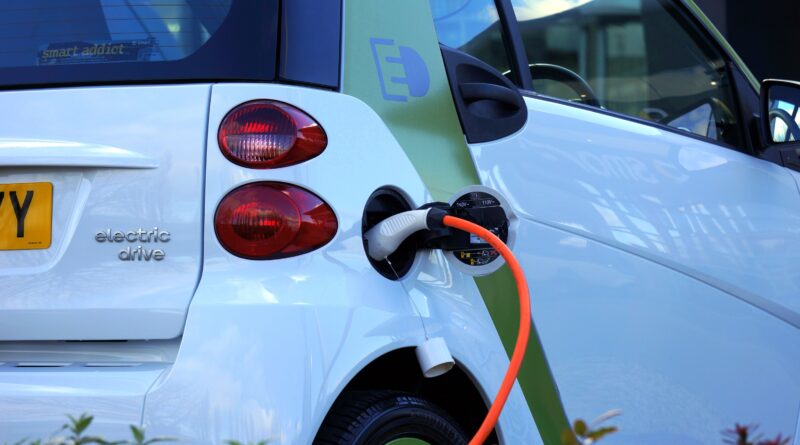The Shift to Electric Vehicle is Getting Stronger
Nowadays the automobile industry is going through revolution – a fast-moving transition from internal combustion engines to electric vehicles. From intelligent driving to proactive service and remote vehicle access, EVs can offer the safety and convenience today’s consumers crave.
This movement is getting approved by governments around the world, especially in Europe and USA, as they’re approving numerous laws to reduce CO2 emissions. Not just that, manufacturers like Tesla who started from nothing a few years back are now one of the most valued companies in the industry. Tesla’s market value has skyrocketed over the past few years and it easily beats the likes of Ford Motor Company, General Motors, Jeep, BMW, and the Volkswagen Group.
Aforementioned companies are also shifting to electric vehicles. Manufacturers like Jeep have already told that they will electrify their entire SUV lineup with electric power by 2022. Another example – Ford Motor Company, one of the iconic and popular American manufacturers has already started introducing various models which are all-electric vehicles.
The main concern over buying an electric vehicle was regarding the range and reliability. But in the past few years, manufacturers have started to pack quite big batteries in their cars giving them a great amount of range. This combined with the vast amounts of charging stations all over the United States means that unlike before owning an electric vehicle now will be a fuss-free experience. Reliability concerns have also have reduced and in fact, it is the electric vehicles that have the least moving parts thus ultimately reducing the number of possible issues.
However, shift to electric cars won’t be easy. Taking Britain as ane example, there were 2.3 million new cars registered in Britain in 2019, but only 37,850 were battery powered – or 1.6%. Still, sales have risen rapidly this year, partly due to strict new emissions rules in the EU which have forced manufacturers to invest billions in new zero-emission models. As a result electric cars have become better, but they remain expensive to make and rely heavily on incentives to sell.
